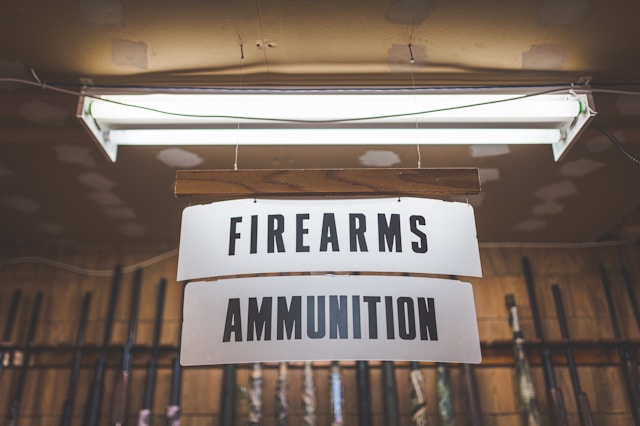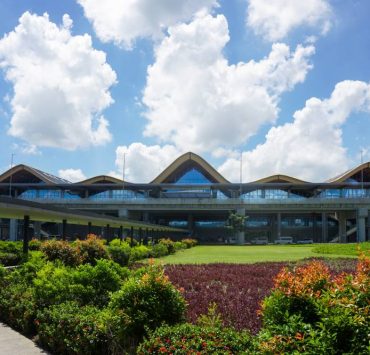Simplified licensing of gun-makers sought

A local trade association has called on the government to address inefficiencies in the licensing process for firearms and ammunition manufacturing.
Gina Marie Angangco, president of the Firearms and Ammunitions Manufacturers Association of the Philippines, on Monday said the system was long-winded and “tedious”.
“Currently it is a very long, long process. It goes all the way from the (firearms and explosives office) all the way to the office of the (police) chief. And you know that involves a lot of steps,” Angangco said during a Senate hearing on proposed amendments to the country’s gun law.
She added that apart from the Philippine National Police (PNP), they also have to deal with other regulatory requirements of the Department of Interior and Local Government.
“The other reason why it becomes tedious is that any little amendment, no matter how minor, all the renewals, also have to follow the same process. So, it takes months before you can get a correct license to manufacture,” she added.
“If in the process there is a new caliber that comes up… we have to renew our whole license to manufacture and go through the whole process again,” she said.
She also lamented the outdated way of doing ballistics, which is one of the requirements in registering a firearm at the PNP.
“For every firearm, we have to get a carbon paper, scratch over all the markings, get scotch tape and then rub it again on all the markings and then stick it on each page (of four forms),” said Angangco.
Data provided by the PNP to the Inquirer showed that its firearm and explosives office had recorded 1,308,052 new firearm registrations from 2018 to the end of January 2023.
Divided evenly for a span of five years, it would equal to an annualized figure of about 261,610 registrations.
With the cheapest basic handgun in the Philippines having a price tag of around P35,000, this means that the industry made an estimated P9.2 billion pesos at the very least annually during the five-year period.

















